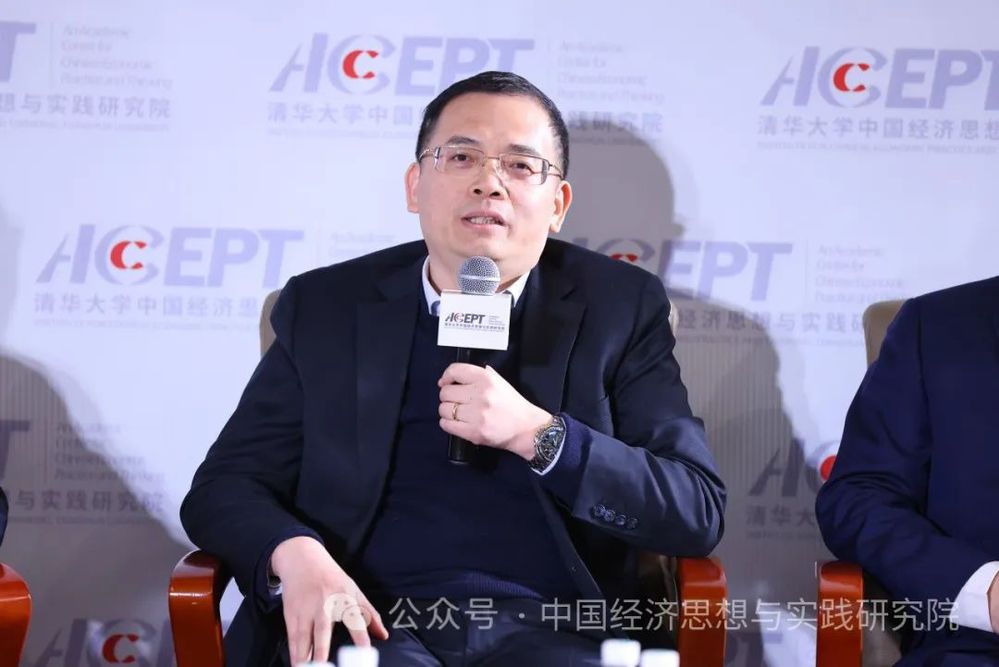Lu Ting: Real estate market showing signs of further dampening, global economic growth forecasted to decelerate
The following is a summary of Lu Ting's comments during a roundtable discussion at the 46th Tsinghua University Forum of China and the World Economy held at Tsinghua University, Beijing, on January 8, 2024. Lu is Managing Director and Chief China Economist at Nomura Holdings, Ltd.
On January 8, 2024, the 46th Tsinghua University Forum of China and the World Economy, hosted by Tsinghua University's Academic Center for Chinese Economic Practice and Thinking (ACCEPT) in partnership with the university's School of Social Sciences and School of Economics and Management Alumni Center, was held on campus. Managing Director and Chief China Economist at Nomura Holdings, Ltd., Lu Ting, participated in a roundtable discussion at the forum alongside other distinguished guests where he commented on the future outlook for China's economy.

On January 8, 2024, the 46th Tsinghua University Forum of China and the World Economy was held inside the Weilun Building's main lecture hall on campus at Tsinghua University's School of Economics and Management. The biannual event was hosted by Tsinghua University's Academic Center for Chinese Economic Practice and Thinking (ACCEPT) under the theme of China's 2024 Economic Outlook. During the forum's proceedings, Lu Ting, Managing Director and Chief China Economist at Nomura Holdings, Ltd., participated in a roundtable discussion alongside other distinguished guests where he commented on the future outlook for China's economy.
Lu Ting commented that the economic growth achieved in 2023 was mainly the result of rebounding consumption after the pandemic receded from view. In 2024, however, the driving force behind this “revenge spending” will have already waned, with consumers’ purchasing power meanwhile being significantly impacted by the sluggish growth in household incomes and a pullback in holdings of wealth, especially in terms of real estate and equity investments. At present, the real estate market has fallen into a depressed state and may continue to deteriorate further in the future, which is especially true of third-, fourth- and fifth-tier cities, where the problem of guaranteeing the on-time delivery of housing units remains severe. This situation is not only affecting the real estate market itself, but is also putting pressure on local government finances. In addition, changes in the international economic environment also pose an important source of potential risk. While economic growth in the U.S. and Japan exceeded expectations in 2023, global economic growth is expected to slow significantly in 2024, and most especially in developed countries, which could have a negative impact on China’s exports. Furthermore, prices in the “new three” sectors (i.e., electric vehicles, new energy batteries, and photovoltaics) have fallen sharply over the past year, indicating potential over-investment in these sectors and the emergence of yet another issue.
When taking a broad-based view of the future, Lu supports the view that the Chinese government needs to put forward more effective measures in the current post-pandemic era in order to solve the problems associated with the real estate sector and local government finances. At the same time, external communications with the outside world is also an extremely critical task for respective government ministries, departments and agencies: given that the international environment after the pandemic is one where foreign investors are willing to invest in China but also remain concerned about the impact on their investment returns given the potential for policy changes.




